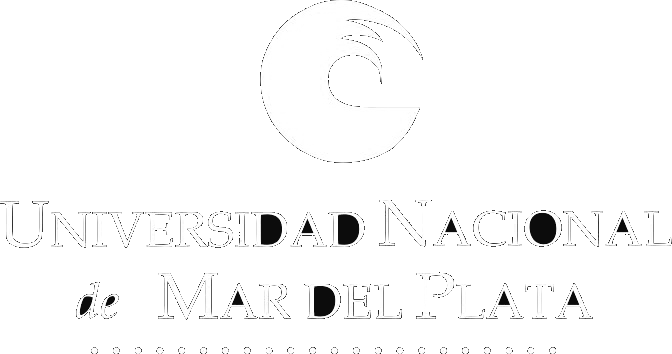OCTAVIO PAZ AND HIS SEMINAL VANGUARD
Abstract
Octavio Paz went through a traditional poetics, and a stage of innovation
and rupture —surrealist—, oscillating thematically between the
pre-Hispanic Mexican and the universal. His best poems show traits
of neo-baroque, symbolism and traces of surrealism. The latter can be
seen in his constant tendency towards the decomposition of language
and wordplay; it seems that ultimately his greatest influence on Mexican
literature, his seminal avant-garde, was exercised precisely through
his surrealist production. This is clearly indicated in the work of some
poets who have won the National Poetry Prize of Aguascalientes, such
as Eduardo Milán and Baudelio Camarillo.
In this article, based on stylistics and psychology, the surrealist stage
will be discussed. Finally, we will analyze poems where Octavio Paz
makes poetry sprout from puns and alliterations inherited from surrealism,
he explodes the signifiers until their decomposition to create a
new sign with double meaning. Octavio Paz wrote poems with a language
that transcended the condition of sign to reach the semiotic status
of the symbol, not in the manner of the French symbolist poets but based
on the interpretation and semantic value of dreams.
Keywords
Full Text:
PDF (Español (España))Refbacks
- There are currently no refbacks.









